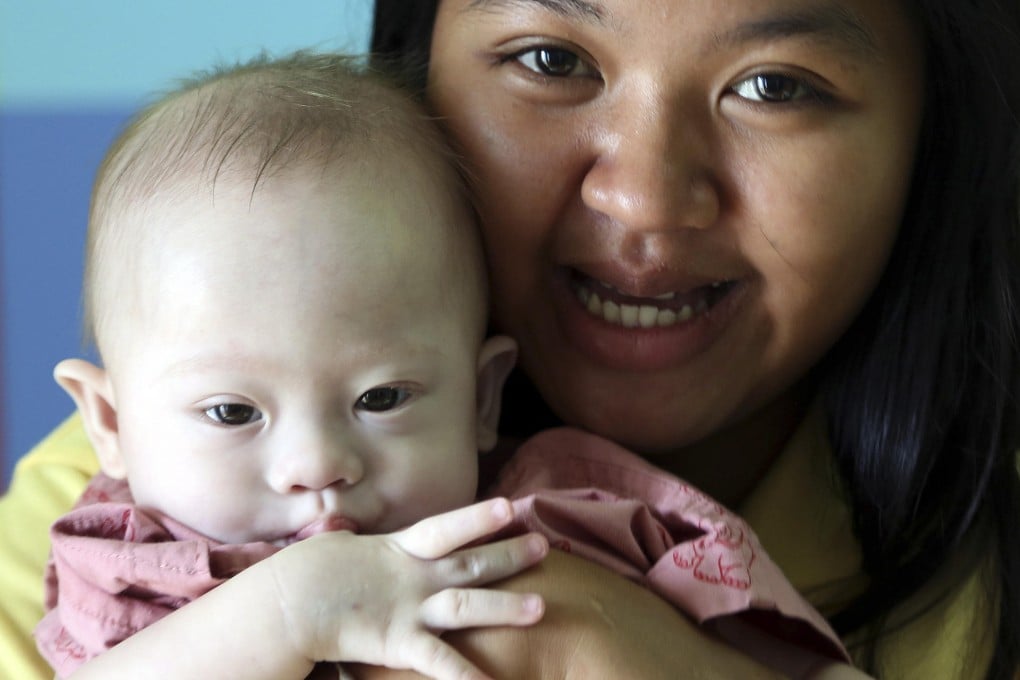The dark side of one Mexican state's boom in surrogate pregnancies
Women abused and cheated, eggs stolen as unscrupulous Mexican agencies exploit surge in commercial pregnancies after curbs elsewhere

Five days after her caesarean section, Nancy boarded a night bus in the southern Mexican city of Villahermosa and made the 10-hour journey back to her home in the capital. Instead of a baby, she nursed a wad of bills buried in a blue handbag she never let out of her sight.
The cash was the final instalment of her 150,000 peso (HK$87,000) fee to be a surrogate mother for a gay couple from San Francisco. After a traumatic year that included being all but abandoned by the agency supposedly looking after her, Nancy was not sure it had been worth it.
"I just wanted to get my money, go home, rest and forget about it all," said the 24-year-old, in her tiny apartment in a poor barrio of Mexico City. "And now the money is all gone."
Nancy's story says much about the Mexican state of Tabasco's emergence as the world's most dynamic new centre of international surrogacy, fuelled by the tightening of restrictions in other countries such as India and Thailand.
While some Mexican "surrogacy journeys" progress smoothly, there are stories of unscrupulous or mismanaged agencies stealing money and eggs, subjecting pregnant women to psychological abuse, and cutting corners on payments. There is also evidence that many surrogates are recruited without rigorous screening of their mental and physically suitability.
Surrogacy agencies say they offer a legitimate service, but in reality, all operate in a legal grey area because surrogacy in Tabasco is legally required to be altruistic.